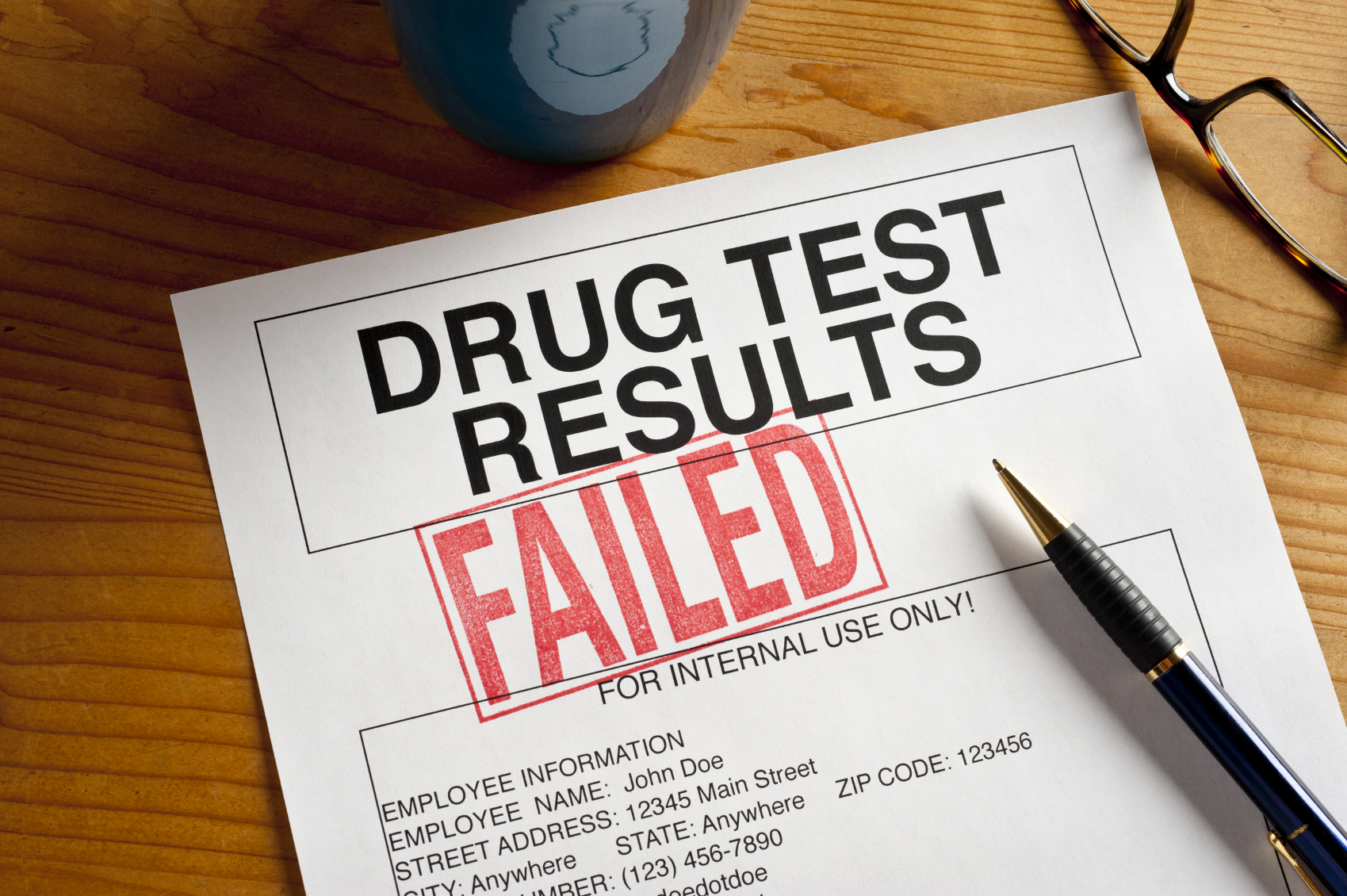 Recently one of your fellow SGI members called a client success manager with a quandary that no business owner wants to face. Like all of you, this particular contractor instated random drug testing years ago. Upon its implementation, he lost several technicians—but most of those forced out were people who needed to leave anyway. Since then, he hasn’t had any troubles with his team—until about a week ago.
Recently one of your fellow SGI members called a client success manager with a quandary that no business owner wants to face. Like all of you, this particular contractor instated random drug testing years ago. Upon its implementation, he lost several technicians—but most of those forced out were people who needed to leave anyway. Since then, he hasn’t had any troubles with his team—until about a week ago.
His top technician, his top producer, a guy who was always on-time and his customers loved him, failed a drug test. It had never happened previously. But it did this one time.
This SGI member wasn’t sure what to do. He had always been explicit with his team members about his zero-tolerance drug policy. It wasn’t something mentioned once and never brought up again. This contractor knows that his people understand it. Yet his top producing technician failed. Your fellow SGI member asked the CSM for advice.
The SGI CSM thought about it for a moment and offered two options…
The first option was to uphold the policy. If the SGI member has a zero-tolerance policy, then he must demonstrate zero tolerance. This particular CSM explained that in a previous management position within a contracting company, he had several outstanding technicians fail drug tests. In every instance, the CSM shared that he let those individuals go. He hated doing it, but it made the company stronger in the long run.
The CSM went on to ask what message would be sent if he didn’t fire those individuals. The technician guilty of the infraction will see that the CSM (then manager) didn’t do what he promised—he didn’t enforce policies. Furthermore, the other technicians will surely hear of his leniency. Before long, other techs may decide it’s okay to start using drugs, especially if that’s something they’ve done in the past. It could create an epidemic.
The CSM then shared the SGI contractor’s second option: He could amend his zero-tolerance drug policy. But that too could create chaos. For example, what if he made the guilty technician go to mandatory drug classes and pass recurring random tests for a given period of time? It sounds like a great compromise—but again, what does that say to the other technicians who will most definitely find out.
The rest of your team is respecting your policies. But now they see that you’re allowing a fellow technician break the rules. How is that fair? Suddenly, your fellow technicians begin wondering what preferential treatment others may be receiving—but they’re not. It creates distrust. Not to mention, if you become lenient to drug users in your company, what does that say about the respect you have for your customers? Not much.
Overall, as much as it hurts to do it, the CSM recommended to your fellow SGI member that he let his troubled technician go and uphold his policies. It preserves the company morale and work environment by not creating a separate set of rules for each person. And this SGI member, who had a successful business, will certainly find another superstar who will remain drug free and committed to the team.

